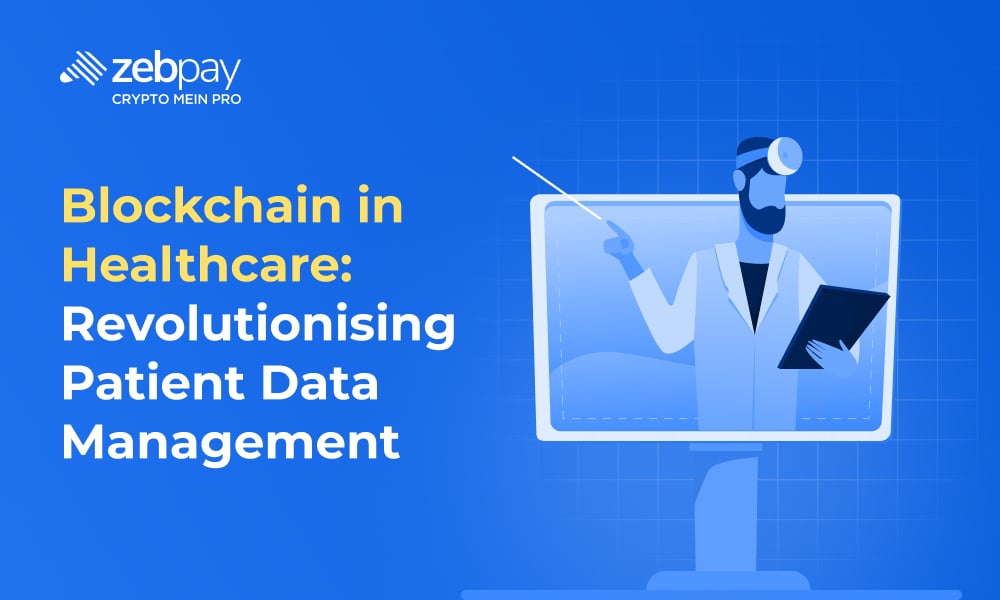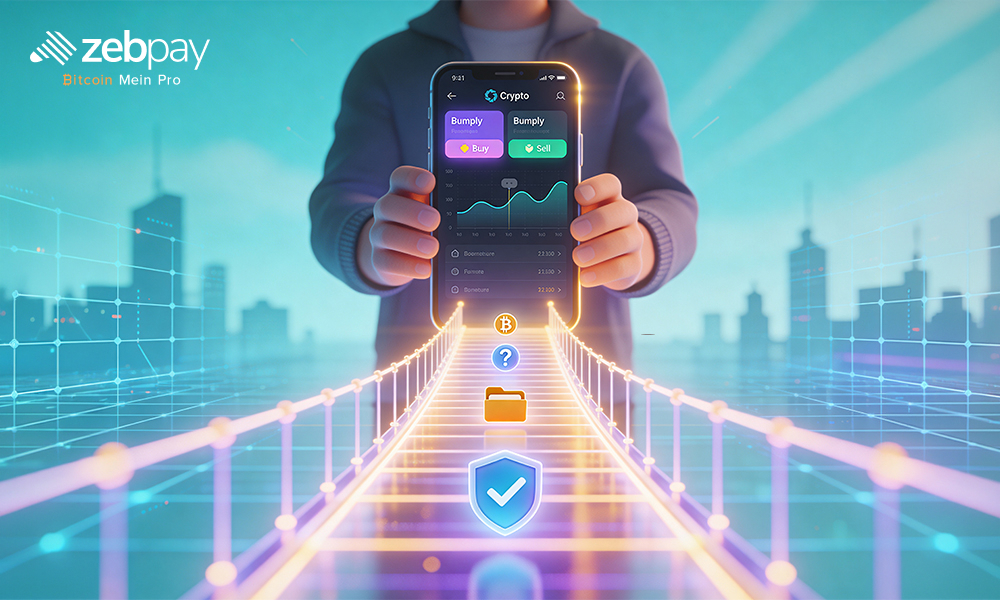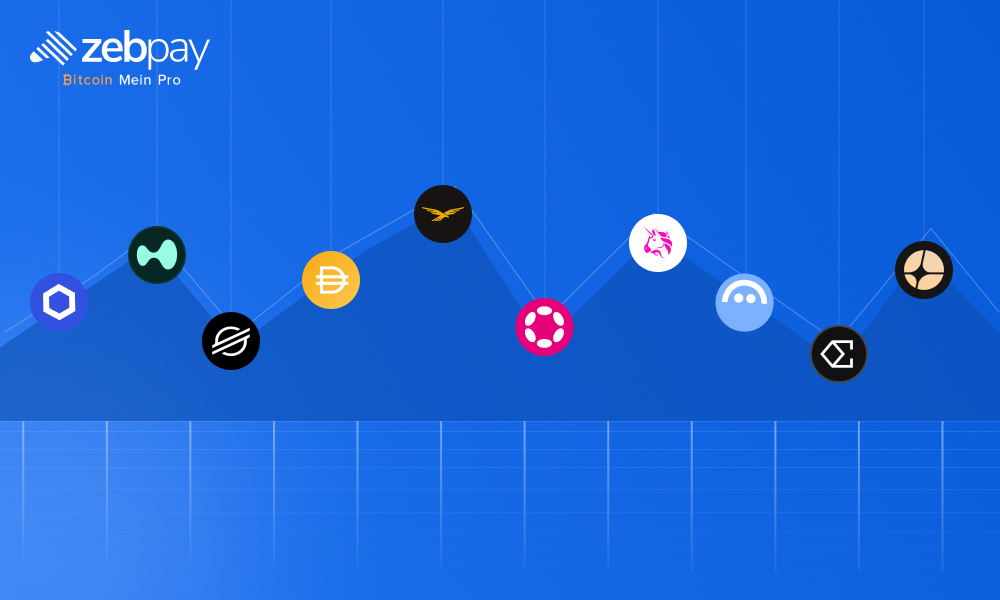In an era where secure, efficient, and transparent data handling is paramount, blockchain technology is transforming the healthcare industry, particularly in data management. Traditional healthcare data systems face data challenges such as data breaches, fragmented tools, and limited patient control over personal health information. Blockchain offers a decentralised, tamper-proof solution, enabling seamless sharing and real-time access to data while empowering patients to manage their health records. This approach not only enhances security and interoperability but also fosters great trust between healthcare providers and patients, paving the way for a more connected and patient-centred healthcare system.
How Blockchain Can Address Patient Data-Related Management Issues
- Fragmented Records: Blockchain provides a unified, decentralised ledger that consolidates patient records, ensuring accessibility across providers.
- Data Security: Decentralisation and encryption strengthens data protection, significantly reducing the risk of security breaches.
- Real-Time Data Sharing: Blockchain enables efficient, real-time sharing of data, minimising delays and improving care coordination among providers.
- Data Integrity: The immutability of blockchain ensures that records cannot be tampered with, preserving data accuracy and reliability.
- Automation with Smart Contracts: Smart contracts facilitate automatic updates and permissions, streamlining administrative processes and reducing bottlenecks.
- Patient Data Ownership: Blockchain empowers patients with control over their health data, allowing them to manage access and enhance transparency.
Uses of Blockchain in Healthcare
- Electronic Health Records (EHRs): Blockchain ensures a unified, secure, and interoperable record accessible across providers.
- Drug Supply Chain Management: Track and verify the authenticity of pharmaceuticals to prevent counterfeiting.
- Clinical Trials: Enhance transparency by securely storing and timestamping trial data to ensure its credibility.
- Health Insurance Claims: Automate claims processing through smart contracts, reducing fraud and errors.
- Telemedicine and Remote Care: Enable secure sharing of patient data between providers and patients for seamless remote consultations.
Benefits & Risks
Benefits
- Enhanced Security: Encryption and decentralisation safeguard sensitive patient data.
- Interoperability: Seamless sharing of data across providers enhances care coordination.
- Transparency: Immutable records build trust in data accuracy and reliability.
Risks
- Data Privacy Concerns: Mismanagement of encryption keys can expose sensitive information.
- Scalability Challenges: Handling large datasets in a blockchain network can be resource-intensive.
- Cost Implications: Implementing and maintaining blockchain networks can be expensive.
Barriers to Adoption for Blockchain in Healthcare
- Integrity with Legacy Systems: Transitioning from traditional data systems is complex and costly.
- High Initial Costs: Implementing blockchain solutions requires significant investment infrastructure and training.
- Lack of Standardisation: The absence of universal protocols hinders interoperability.
- Regulatory Uncertainty: Ambiguity in how blockchain fits within existing legal frameworks delays implementation.
Future Outlook
The future of blockchain in healthcare looks promising as advancements in technology and clearer regulations emerge. Integration with AI and IoT can unlock further potential, such as predictive analytics and remote patient monitoring. As awareness grows and barriers diminish, blockchain is poised to become a cornerstone in creating a secure, efficient, and patient-centred healthcare ecosystem.
Read more: Blockchain in Healthcare
Conclusion
Blockchain is transforming patient data management while addressing longstanding challenges of transparency, security, and interoperability. While it offers immense potential to enhance patient care and operational efficiency, navigating the associated risks and barriers is essential. With ongoing innovation and regulatory clarity, blockchain has the power to reshape healthcare, empowering patients and providers alike to embrace a new era of trust and efficiency.
In the grand scheme of things, ZebPay blogs is here to provide you with crypto wisdom. Click on the button below and discover endless features on ZebPay!







